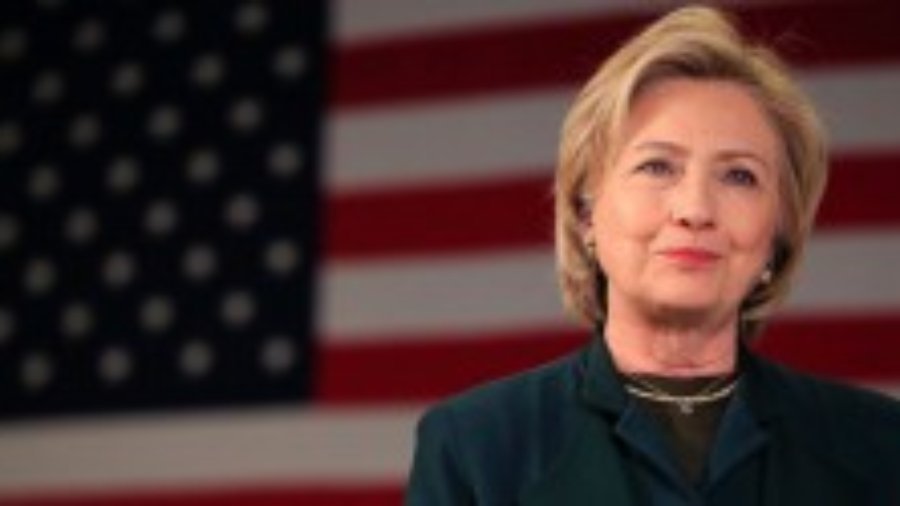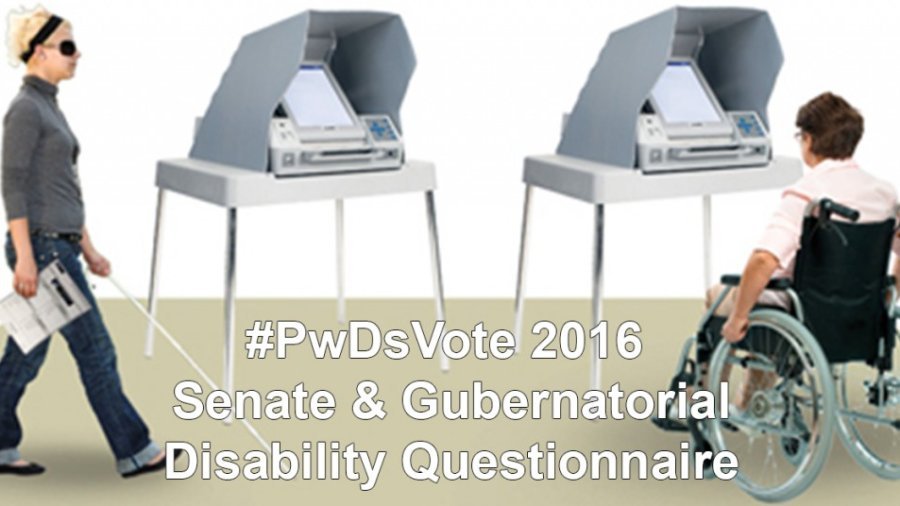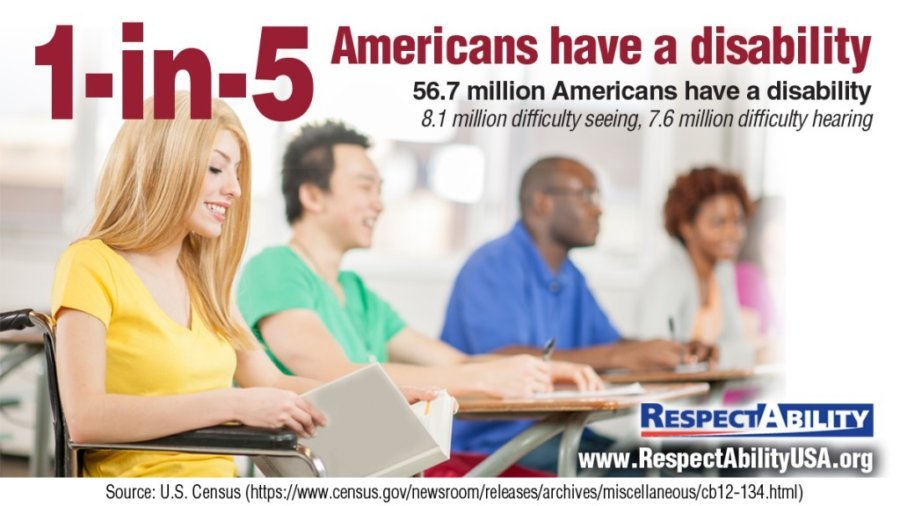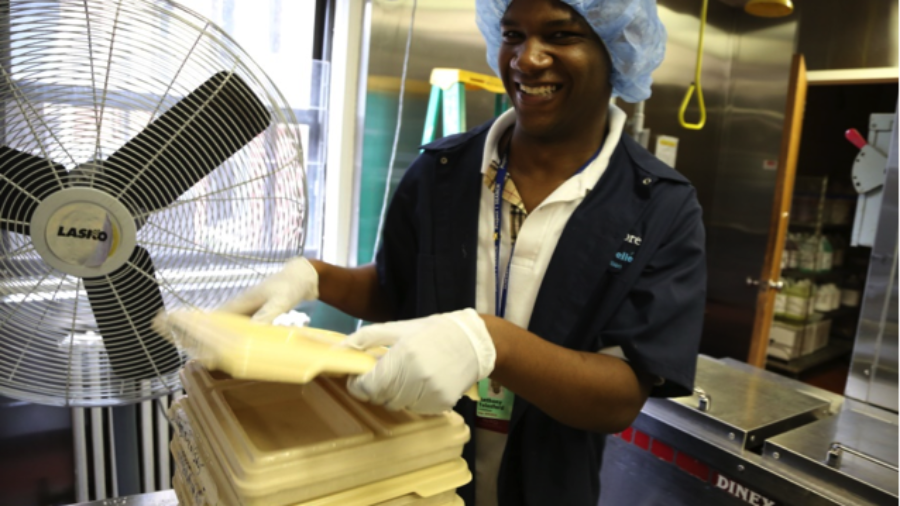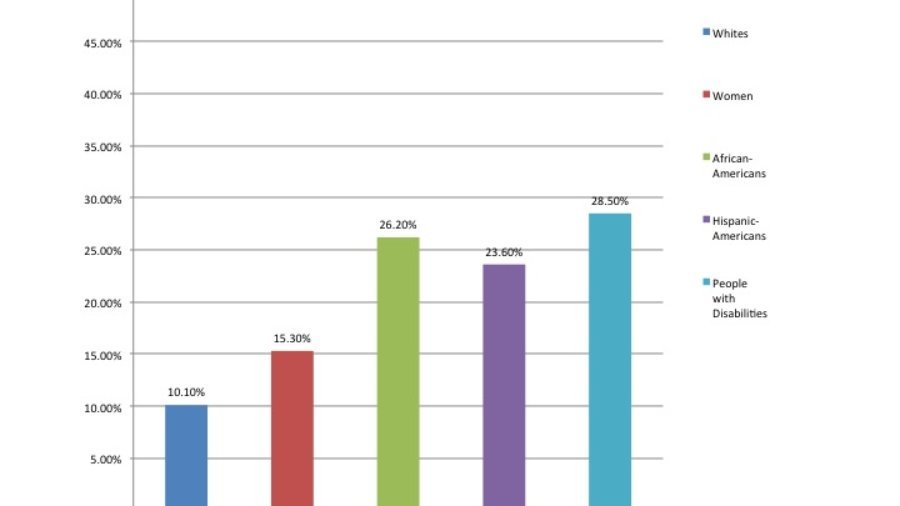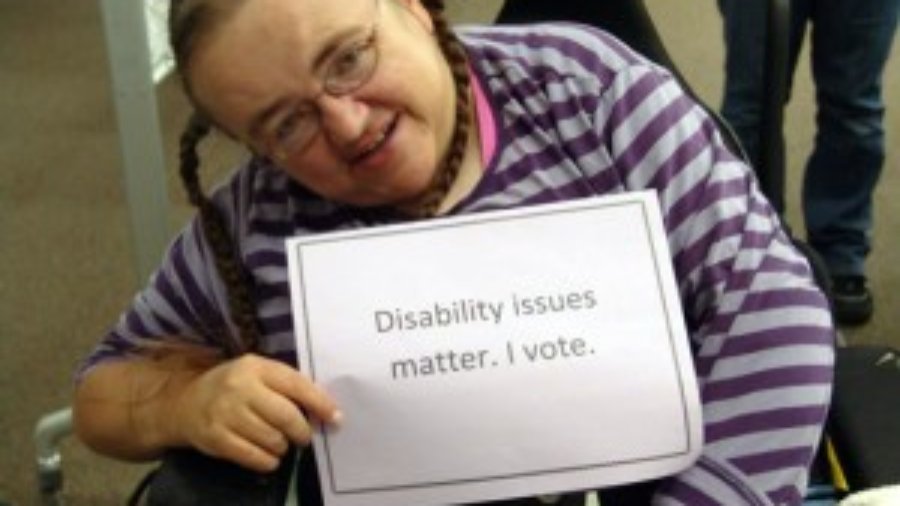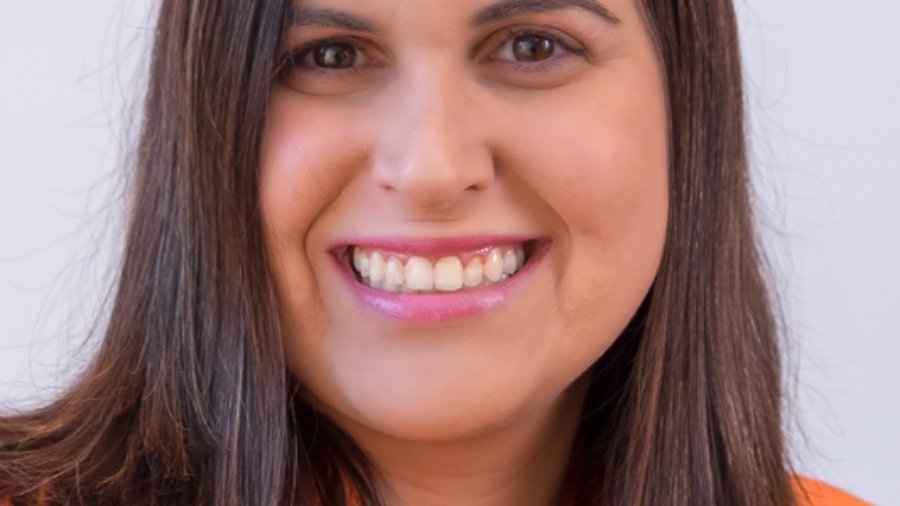22 Senate and Gubernatorial Candidates, as well as Hillary Clinton, Respond to #PwDsVote Campaign Questionnaire
Washington, Sept. 21 – Democratic nominee Hillary Clinton is devoting this afternoon’s rally to her plan on creating an economy that values people with disabilities. Per an aide, Clinton will propose an economy that “welcomes people with disabilities, values their work, rewards them fairly, and treats them with respect.”
Just yesterday, reality TV star Nyle DiMarco starred in an ad for Clinton that is completely in sign language with English captions. “We’re used to being ignored,” DiMarco says, before stating that there are a lot of people with disabilities without a voice.
“The voice of your vote is the greatest voice we have,” he concludes, urging all people to get out the vote for Hillary Clinton.

